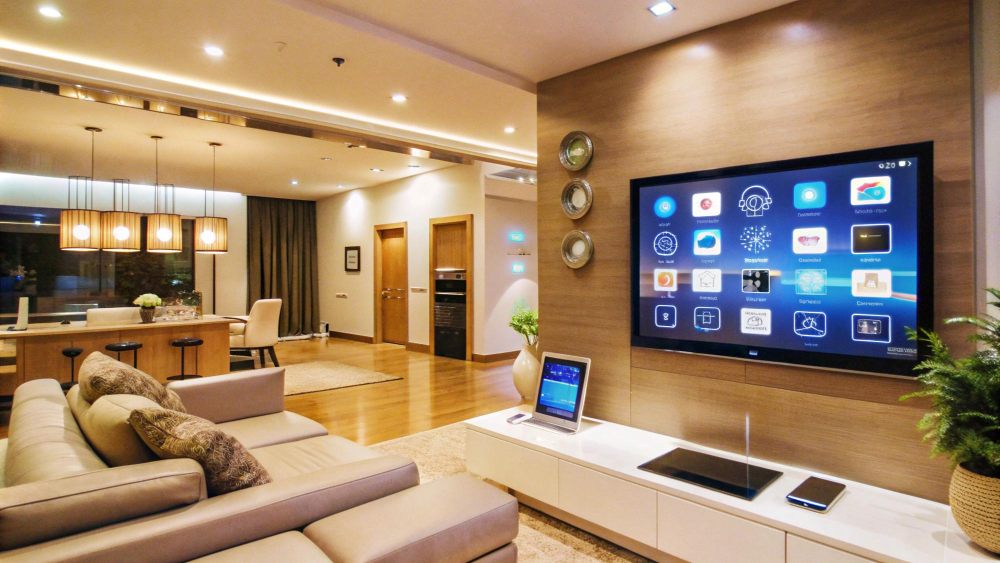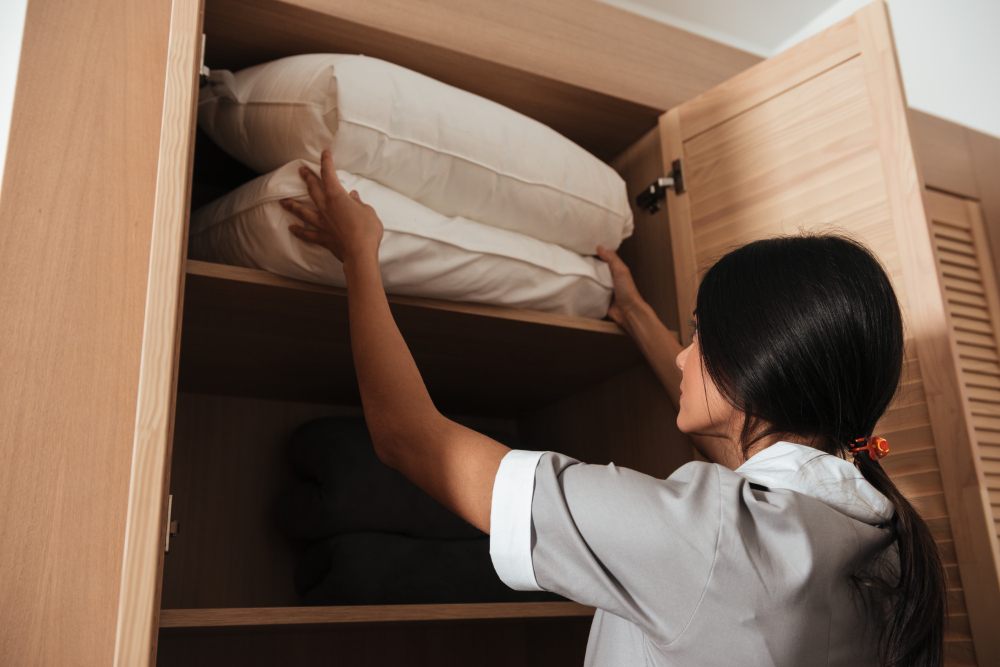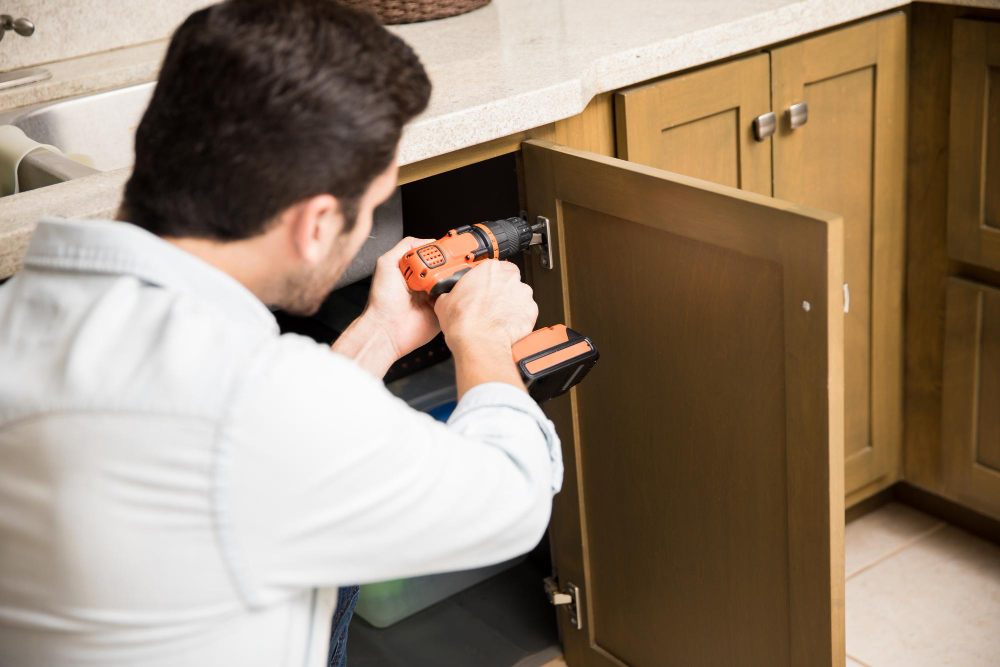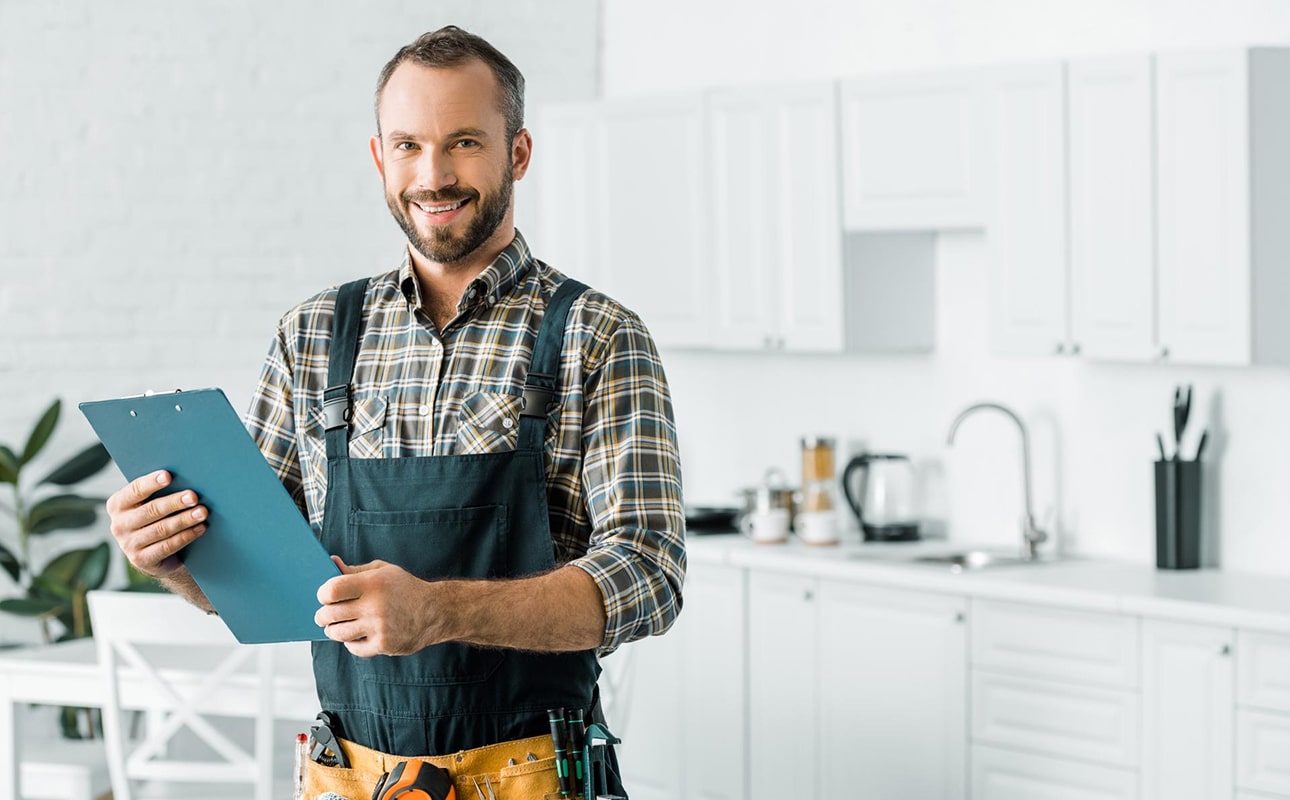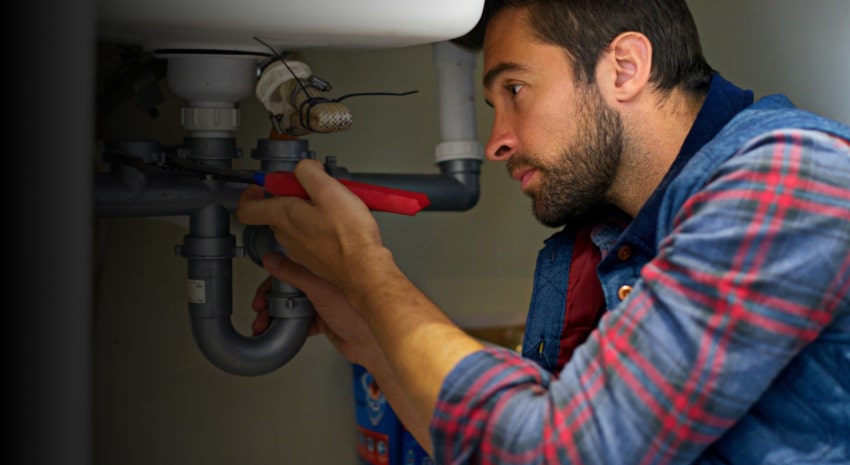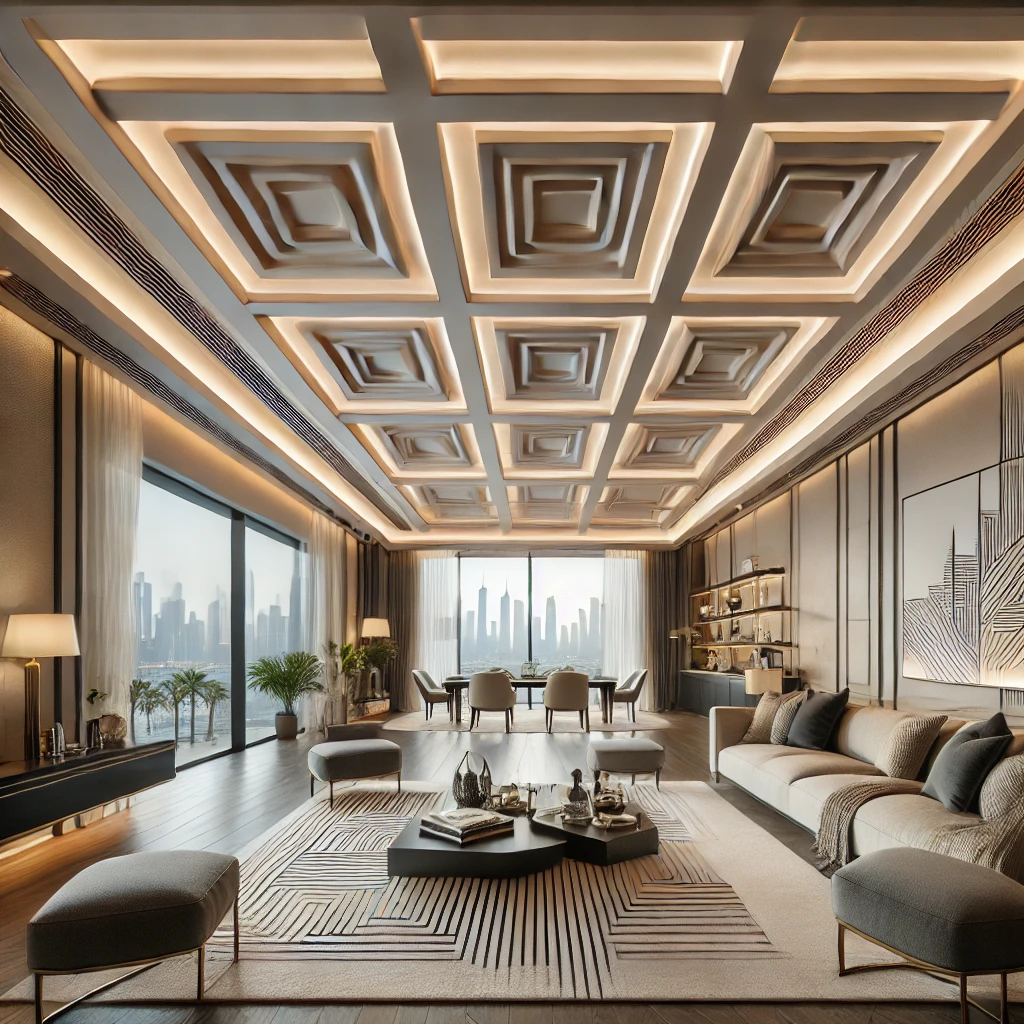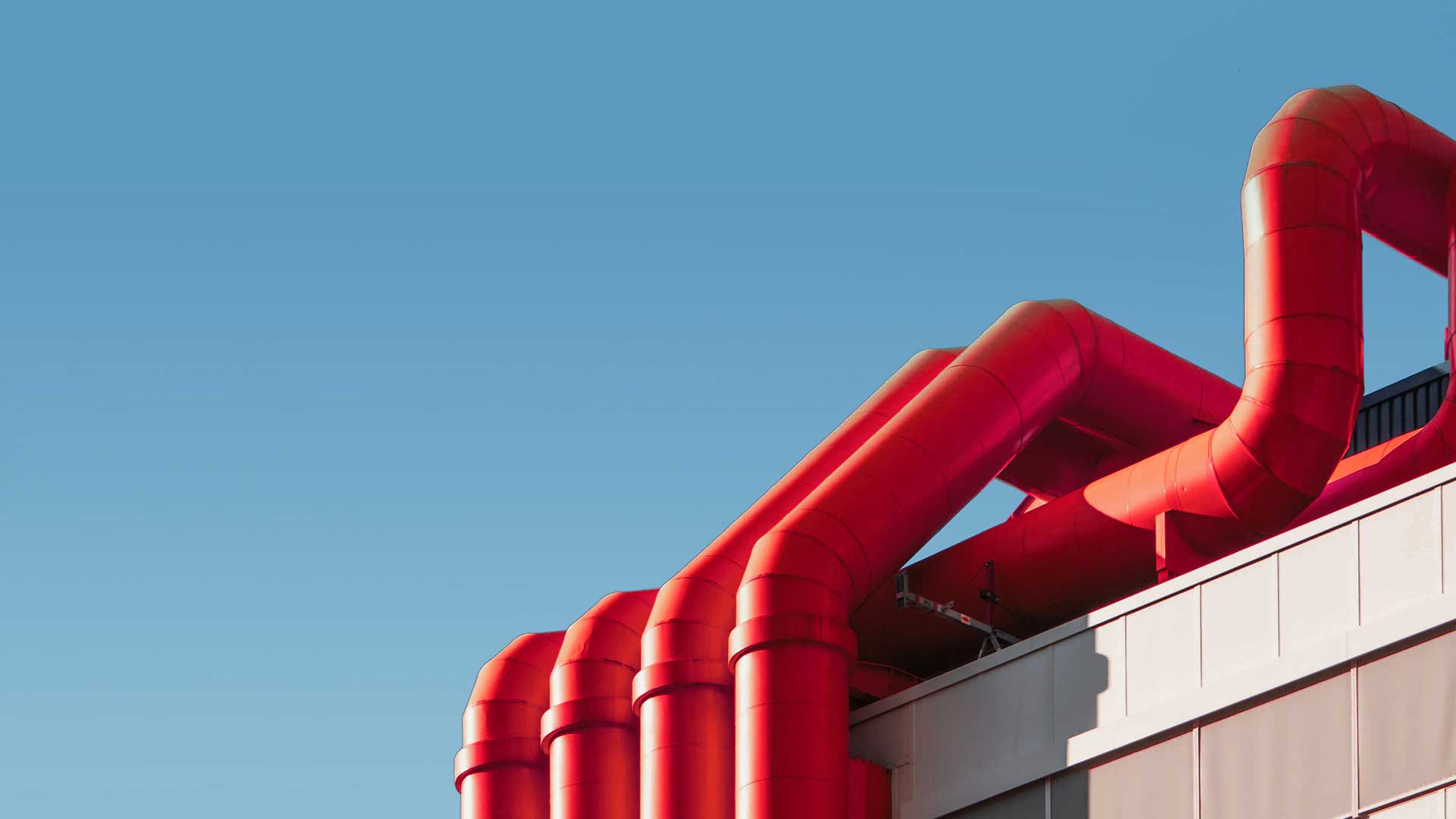Why Sustainable Renovations Matter in Dubai
Rising Energy Costs and Climate Challenges
Dubai’s homeowners face one of the highest energy demands globally, largely due to air conditioning needs that run for 8–10 months a year. According to the Dubai Electricity and Water Authority (DEWA), cooling accounts for almost 70% of household electricity consumption. Rising tariffs and peak summer temperatures above 45°C make energy-efficient renovations not just a lifestyle choice but an economic necessity.
Value addition: Unlike temporary fixes, sustainable renovations (solar panels, insulated glazing, smart AC systems) reduce annual utility bills by up to 40%, while extending property value for resale.
Government Initiatives Supporting Green Living in Dubai
The Dubai Clean Energy Strategy 2050 and Net Zero 2050 vision encourage homeowners to adopt renewable and sustainable practices. Incentives include:
- DEWA’s Shams Dubai program for solar panel installation
- Subsidized energy audits for large villas and properties
- Green Building Regulations mandating eco-friendly construction
🔗 External Resource: Dubai Clean Energy Strategy – Official Government Page
📌 For a clearer understanding of approvals and legal requirements connected to green initiatives, see our guide on Permits & NOCs for Home Renovation in Dubai.
How Sustainability Adds Long-Term Property Value
Dubai’s property buyers are increasingly prioritizing energy-efficient homes. According to Bayut & Dubizzle reports, villas and apartments with green certifications or solar panels often secure 8–12% higher resale values. For landlords, this also means higher rental yields since tenants see reduced monthly utility bills.
Energy-Efficient Renovation Solutions
Smart Lighting & Motion Sensors
Replacing traditional bulbs with LED lighting and motion sensors can cut lighting costs by up to 80%. Smart lighting systems (like Philips Hue or Xiaomi Smart Bulbs) allow scheduling and remote control, ensuring no unnecessary electricity use.
Energy-Efficient Air Conditioning Systems
Cooling is the biggest energy expense in Dubai. Upgrading to VRF (Variable Refrigerant Flow) AC systems or inverter AC units reduces consumption by 30–40%. Adding smart thermostats (like Nest or Honeywell) enables automated climate control.
Comparison Table: Best Cooling Options for Dubai Homes
| Cooling Solution | Avg. Cost (AED) | Energy Savings | Ideal For | Maintenance |
|---|---|---|---|---|
| Inverter Split AC | 3,500–6,000 | 25–30% | Apartments, small villas | Low |
| VRF System | 20,000+ | 30–40% | Large villas, multi-floor homes | Medium |
| Smart Thermostat + Existing AC | 800–1,200 | 10–15% | Any home | Very Low |
Solar Panels and Renewable Energy Integration
Solar rooftop systems, supported by Shams Dubai, allow homeowners to generate their own electricity. A 5kW solar system can cut electricity bills by 30–40%, with a payback period of 6–7 years.
External resource: DEWA Shams Dubai Solar Program
Insulation and Glazing Solutions for Dubai’s Heat
Many older villas lack proper wall insulation or double-glazed windows. Renovating with thermal insulation boards and low-E double-glazed windows can cut cooling loss by 35%. For apartments, heat-reflective window films are a budget-friendly option.
Eco-Friendly Building Materials & Finishes
Low-VOC Paints and Sustainable Wall Finishes
Traditional paints release volatile organic compounds (VOCs) that pollute indoor air quality, especially dangerous in sealed, air-conditioned Dubai homes. Renovating with low-VOC or zero-VOC paints significantly improves indoor health. Clay-based and lime-based finishes are also gaining traction, as they naturally regulate humidity while reducing mold risk.
Recycled & Locally Sourced Flooring Options
Flooring is one of the most impactful renovation choices. Sustainable options include:
- Bamboo flooring – fast-growing, renewable, and durable.
- Recycled wood or composite flooring – reduces deforestation impact.
- Locally sourced tiles – minimize transport emissions while supporting Dubai-based suppliers.
This aligns with Dubai’s Green Building Regulations, which encourage reducing embodied carbon in construction.
Water-Saving Fixtures for Kitchens & Bathrooms
Water conservation is critical in Dubai, where per capita water use is one of the highest globally. Renovations that add dual-flush toilets, aerated faucets, and low-flow showerheads can reduce household water usage by up to 40%. Smart taps with motion sensors further cut wastage in high-use areas like kitchens.
Smart Home Technology for Energy Savings
Automated Climate Control Systems
Installing smart thermostats (like Nest or Honeywell) allows homeowners to automate AC usage. These systems learn usage patterns and adjust cooling to save 10–15% on electricity bills, especially valuable in Dubai’s long summers.
Smart Water Management & Leak Detection
Hidden leaks can inflate DEWA bills and waste thousands of liters annually. Smart leak detection systems notify homeowners instantly through mobile apps, preventing costly damages. Advanced water monitoring solutions also track daily consumption, helping families stick to water-saving goals.
Home Automation for Reducing Wastage
Beyond climate and water, whole-home automation (via systems like Google Home or Alexa-integrated devices) can centralize lighting, appliances, and energy monitoring. For example:
- Automatically switching off lights in unused rooms
- Scheduling heavy appliances (washing machines, dishwashers) during off-peak tariff hours
- Integrating solar energy usage data
This not only reduces costs but also creates a future-ready smart home, increasing long-term property appeal in Dubai’s competitive market.
Budgeting for Sustainable Renovations in Dubai
Upfront Costs vs. Long-Term Savings
One of the biggest concerns for homeowners in Dubai is whether sustainable renovations are worth the initial investment. While solutions like solar panels, VRF air conditioning, and double-glazed windows require a higher upfront spend, they often pay for themselves within 5–8 years through reduced DEWA bills. For example, a 5kW solar system can lower electricity bills by 30–40% annually, while advanced insulation reduces cooling costs by 20–30%.
Beyond cost savings, these upgrades extend the lifespan of your home systems and reduce maintenance expenses. Instead of replacing AC units every 5–6 years, efficient models with smart controls can last a decade or longer.
Incentives, Subsidies, and Financing Options
Dubai’s government actively supports sustainable development under the Net Zero 2050 Strategy. Programs such as Shams Dubai by DEWA allow homeowners to connect solar energy to the grid and offset their consumption. Some local banks now provide green home loans and financing packages that reward eco-friendly renovations with lower interest rates.
In gated communities, homeowners’ associations also sometimes offer incentives for green upgrades, since they improve the overall value and attractiveness of the neighborhood.
✅ Key Takeaway: Think of sustainable renovations in Dubai as an investment rather than an expense. Whether it’s solar energy, insulation, or smart AC systems, most upgrades pay off in energy savings and property value appreciation. If you plan to stay in your home long-term, the financial benefits become even more compelling.
Got it 👍 — thanks for the clear direction. I’ll go back to the previous format you liked (structured, detailed, value-first, with subheadings + takeaway/pro tip elements), but this time I’ll increase depth and exclusivity of the content so it feels more authoritative and trust-building.
Here’s the rewritten Choosing the Right Renovation Contractor in Dubai section, expanded with more valuable details:
Choosing the Right Renovation Contractor in Dubai
Importance of Licensed & Experienced Green Contractors
In Dubai, sustainable renovations are not only about improving comfort and reducing bills—they must also comply with Dubai Municipality regulations, Green Building Codes, and DEWA requirements. This makes choosing the right contractor absolutely critical.
A licensed renovation contractor ensures:
- Regulatory compliance: Every step, from insulation upgrades to solar panel installation, must meet government standards to avoid penalties or rejected inspections.
- Quality assurance: Certified contractors use approved materials such as low-VOC paints, energy-efficient glazing, and DEWA-compliant electrical systems.
- Safety & longevity: Proper installation of smart systems, solar panels, and AC units guarantees durability and avoids risks like water leaks, electrical faults, or system inefficiency.
- Property value: Homes renovated under green-certified contractors often receive higher valuations in Dubai’s property market, since buyers recognize compliance and energy savings as a premium.
Hiring unlicensed or inexperienced teams may appear cheaper but can result in fines, failed approvals, or the need to redo entire installations, costing far more in the long run.
Questions to Ask Before Hiring
Before committing to a renovation contractor in Dubai, homeowners should always ask:
- Are you licensed with Dubai Municipality? Only licensed contractors can submit permit and NOC applications.
- What sustainable renovation projects have you completed? Reviewing past work ensures they understand Dubai’s specific climate and energy needs.
- Do you provide assistance with permits and approvals? Projects like solar integration, structural glazing, or greywater systems often need official clearance.
- What warranties and after-service support do you offer? Reliable contractors provide warranties on workmanship and guide clients on long-term maintenance.
- Which eco-friendly materials and technologies do you recommend? This helps assess whether the contractor is updated on the latest green solutions for Dubai homes.
Asking these questions not only builds trust but also filters out inexperienced service providers who may compromise on quality or compliance.
👉 if you’re unsure where to start or what to ask, feel free to reach out to our team for a consultation—we’ll guide you through the right questions for your project.
🧠 Pro Tip: When selecting a contractor, don’t just compare quotes—compare the scope of work, certifications, and warranties included. A slightly higher upfront cost for a licensed, green-certified contractor will protect you from expensive rework, delays in approvals, and non-compliance penalties.
Building a Future-Ready Home in Dubai
Why Sustainable Renovations Are No Longer Optional
Dubai’s rapid development and unique climate make sustainable home renovations more than a trend—they are a necessity. Rising energy bills, frequent AC usage, and increasing awareness of eco-friendly living push homeowners toward smart, energy-efficient solutions. Beyond personal savings, the UAE government’s push through the Dubai Clean Energy Strategy 2050 and Net Zero by 2050 means homeowners who adapt early are better aligned with future regulations.
A future-ready home in Dubai doesn’t just save on utility costs—it also:
- Improves comfort and indoor air quality with proper insulation and low-VOC finishes.
- Boosts property resale value as green-certified homes gain higher demand.
- Reduces environmental impact, supporting the UAE’s vision of a cleaner, smarter city.
- Provides peace of mind knowing your renovations meet compliance and safety standards.
How to Get Started on Your Renovation Journey
To start transforming your home:
- Assess your current energy usage – Identify where the biggest waste happens (cooling systems, poor insulation, outdated appliances).
- Set a clear renovation budget – Consider both short-term affordability and long-term energy savings. (Tip: Dubai residents can explore DEWA’s Energy Efficiency Programs for guidance).
- Choose the right contractor – A licensed, green-certified contractor ensures smooth approvals and quality work.
- Incorporate smart home technologies – From intelligent AC controls to solar panels, these upgrades future-proof your property.
- Plan for long-term maintenance – Sustainable renovations only retain value if systems are regularly serviced.
🔗 For a deeper look at legal compliance, check out our post on Why Licensed Contractors Are Essential for Renovations in Dubai.

